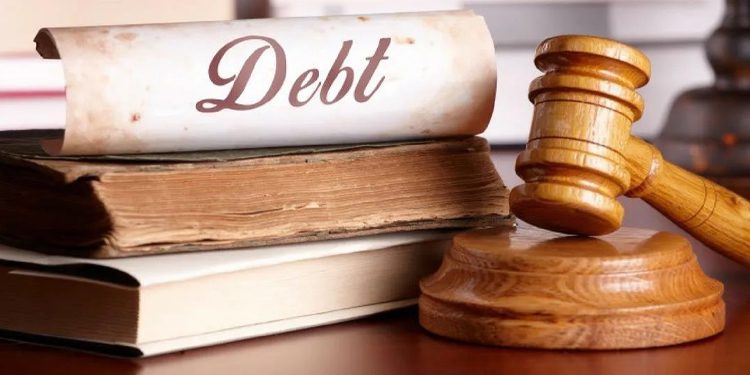In modern business practice, the issue of overdue obligations is unfortunately common. Companies and private lenders often face the challenge of recovering amounts owed, and while negotiation or mediation may resolve some disputes, many cases ultimately require judicial intervention.
Court proceedings for recovering debts remain a fundamental mechanism for protecting creditors’ rights, ensuring that contractual obligations are honored, and maintaining stability in financial relations.
Pre-trial Steps and Debt Collection Efforts
Before initiating litigation, creditors are strongly encouraged to attempt out-of-court measures. Debt collection can begin with a formal demand letter, which specifies the amount owed, the contractual basis of the claim, and a reasonable deadline for repayment.
Often, the existence of such a document is a prerequisite for filing a lawsuit, as courts generally expect parties to demonstrate good-faith efforts to resolve disputes before litigation.
At this stage, creditors may also use professional debt collection agencies. These organizations specialize in negotiating with debtors, tracing assets, and applying psychological pressure to encourage voluntary payment. However, when these efforts fail, the legal route becomes the only effective solution.
Filing a Claim in Court
To commence court proceedings, the creditor must prepare and submit a statement of claim to the appropriate court. The jurisdiction is usually determined by the debtor’s registered address or by the terms of the contract. The claim should include:
- Full details of the creditor and debtor;
- The amount owed and a breakdown of principal, interest, and penalties;
- Reference to the contract or other legal grounds;
- Evidence supporting the claim (agreements, invoices, delivery notes, correspondence, payment records).
Accuracy in documentation is crucial, as courts require clear proof that the debt exists and is enforceable. Any ambiguity or lack of evidence may result in the claim being rejected or delayed.
Court Hearings and the Debtor’s Position
Once the claim is accepted, the court schedules hearings where both parties can present arguments. The debtor may contest the amount claimed, raise procedural objections, or attempt to prove that the debt was already repaid or extinguished by other legal means.
In practice, many debtors use delaying tactics to postpone repayment, such as requesting additional evidence or challenging jurisdiction. An experienced lawyer representing the creditor can anticipate these strategies and ensure that the process moves forward efficiently.
Court Decision and Enforcement
If the court rules in favor of the creditor, a judgment is issued ordering the debtor to pay the outstanding amount. This decision is legally binding and serves as the foundation for enforcement proceedings. However, obtaining a judgment is only part of the process.
Creditors must then apply to the enforcement authorities (such as bailiffs or court-appointed officers) to seize the debtor’s assets or bank accounts. Enforcement measures may include wage garnishment, freezing of accounts, seizure of property, or compulsory sale of assets.
In cases where the debtor lacks sufficient property, the creditor may face difficulties, but the judgment remains valid and can be enforced later if the debtor acquires assets.
Time Limits and Procedural Nuances
It is important to remember that debt collection through the courts is subject to statutory limitation periods. In many jurisdictions, the general period for contractual claims is three years, although this may vary depending on the nature of the obligation. Missing the deadline can bar recovery entirely, which underscores the importance of timely legal action.
Furthermore, procedural rules differ depending on whether the claim is for a relatively small amount or involves significant sums.
For minor debts, courts may issue summary judgments or orders without lengthy hearings, simplifying the process. Larger or more complex cases, however, can require several rounds of hearings and appeals.
Conclusion
Court proceedings for recovering debts are an essential safeguard for creditors, ensuring that financial obligations are not disregarded with impunity. While debt collection may begin with negotiations and reminders, litigation often becomes the decisive tool when voluntary repayment fails.
A well-prepared claim, supported by clear evidence and handled by skilled legal counsel, increases the chances of successful recovery and minimizes delays.
For businesses and individuals alike, understanding the steps involved in court debt collection is not only a matter of legal knowledge but also a practical necessity for financial stability. Timely action and professional guidance can make the difference between a written-off loss and the full enforcement of one’s rights.














